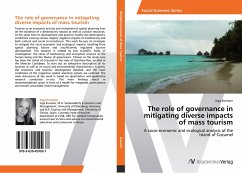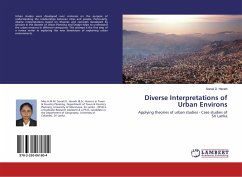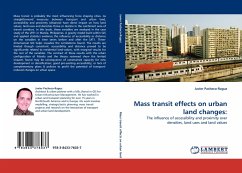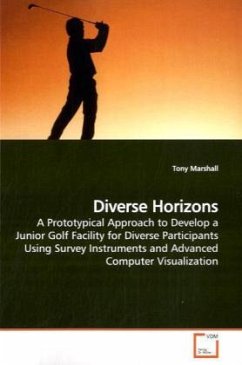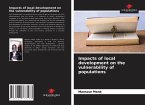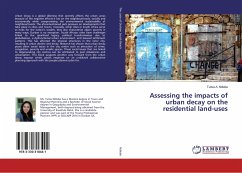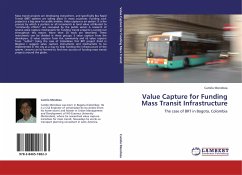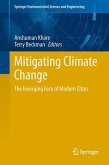Tourism as an economic activity and instrument of spatial planning lives on the existence of a destination's natural as well as cultural resources. At the same time its development and practice modify the destination s conditions causing various majorly negative impacts on biodiversity and both cultural and social circumstances. This work focuses on strategies to mitigate the socio-economic and ecological impacts resulting from spatial planning failure and insufficiently regulated tourism development. The research is related to two scientific fields of investigation: the value of biodiversity and ecosystem services to the human being and the theory of governance. Chosen as the study area has been the Island of Cozumel in the state of Quintana Roo, located in the Mexican Caribbean. To start out an exhaustive description of its location as well as its social and environmental characteristics is given, the economic and touristic development detailed, and the main conditions of the respective spatial planning system are outlined. The main discussion of the work is based on quantitative and qualitative research conducted in-situ. The main findings result in recommendations given in form of a model for integrated, participative and overall sustainable island management.
Bitte wählen Sie Ihr Anliegen aus.
Rechnungen
Retourenschein anfordern
Bestellstatus
Storno

